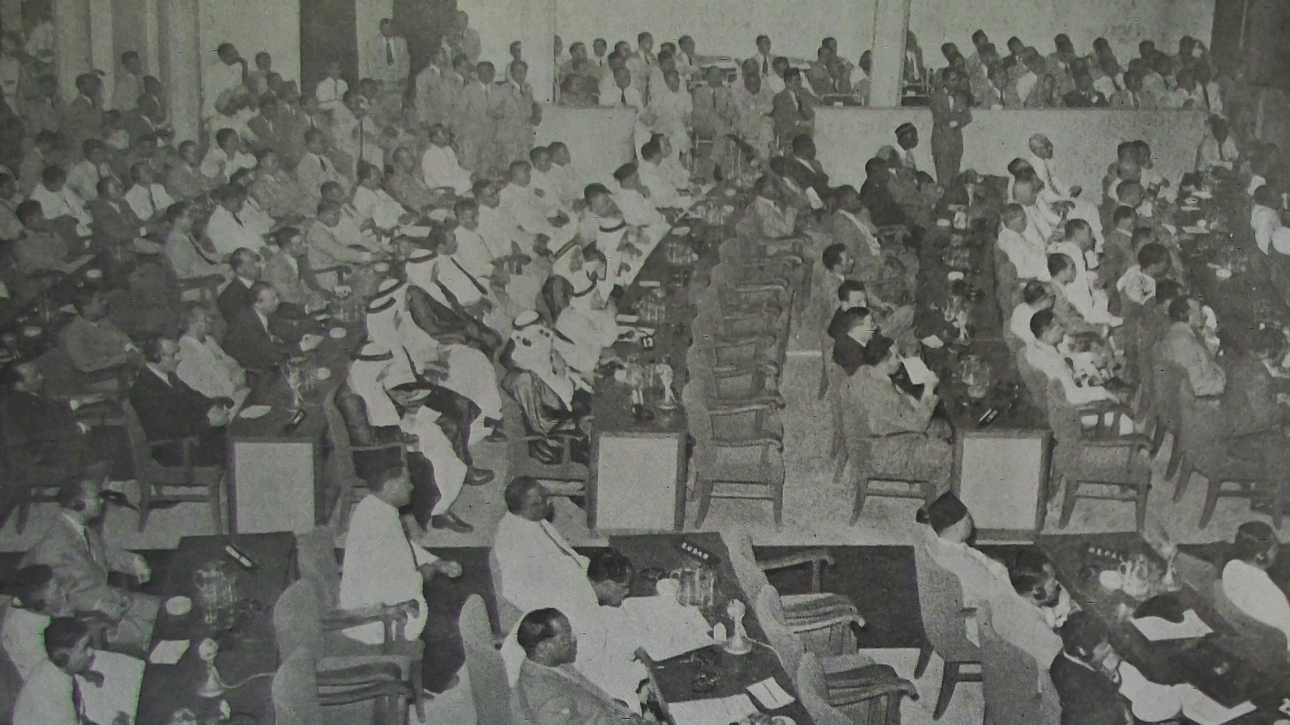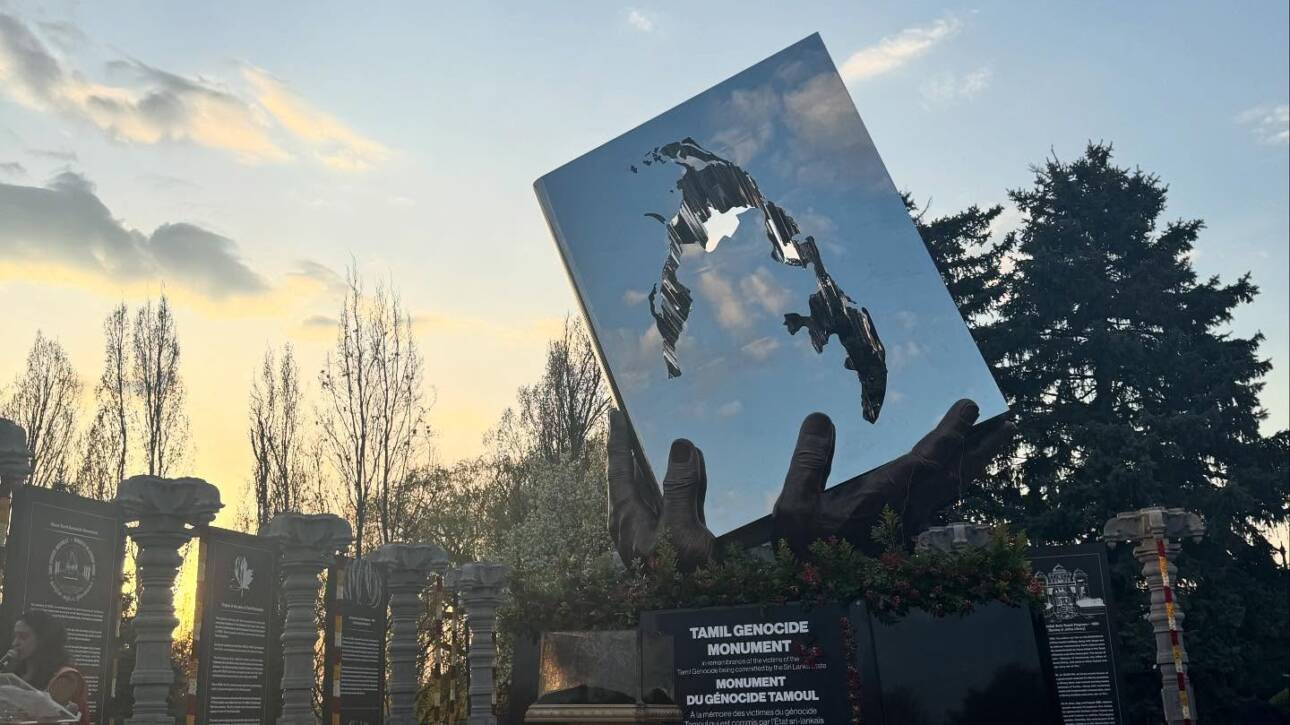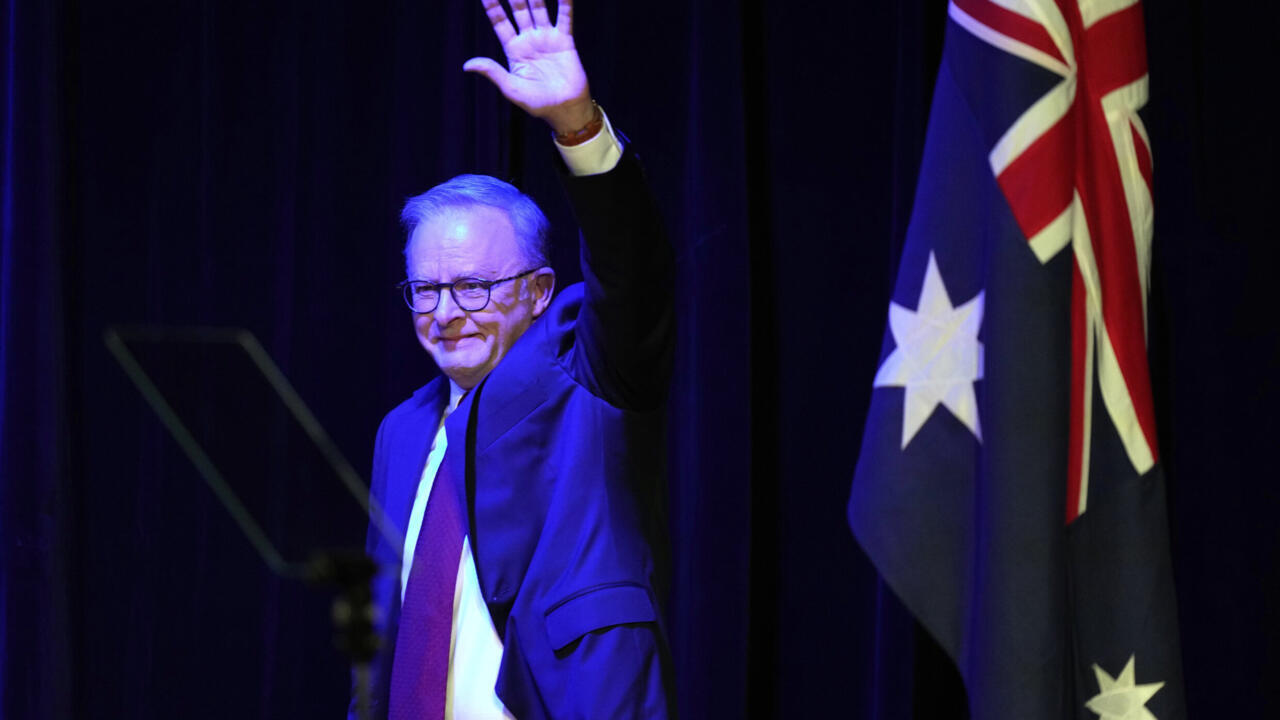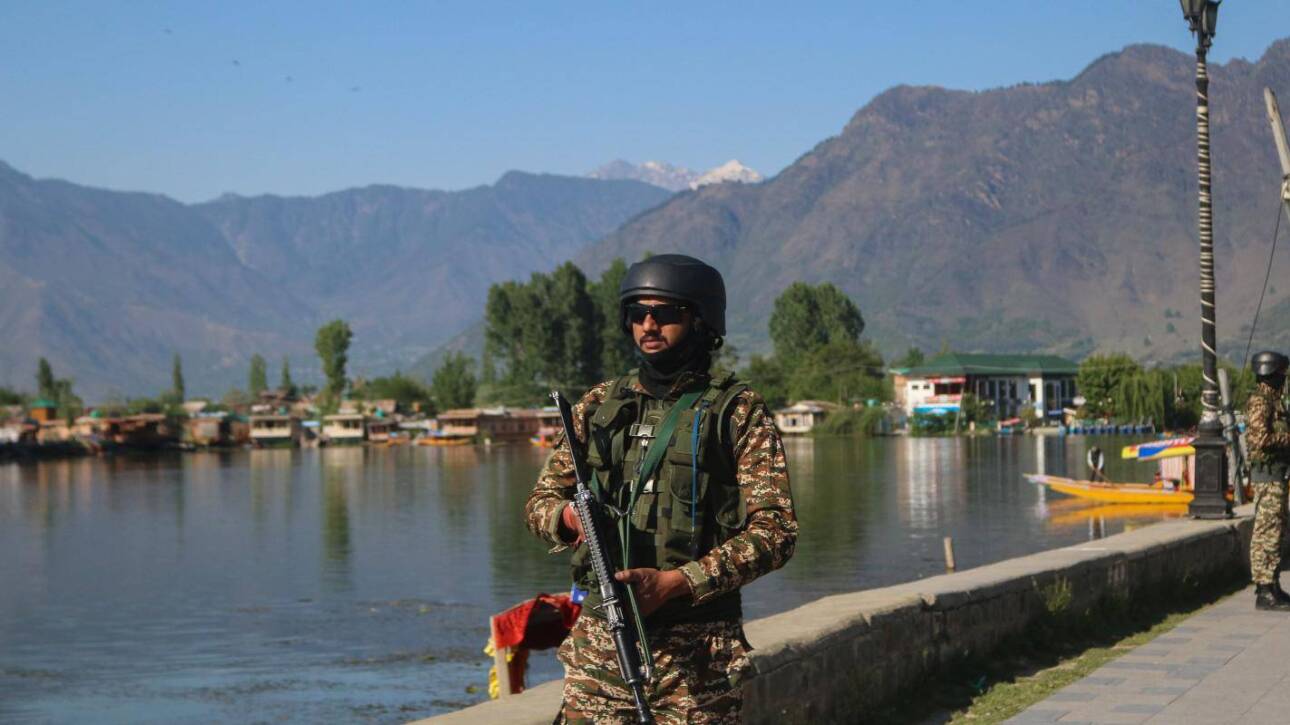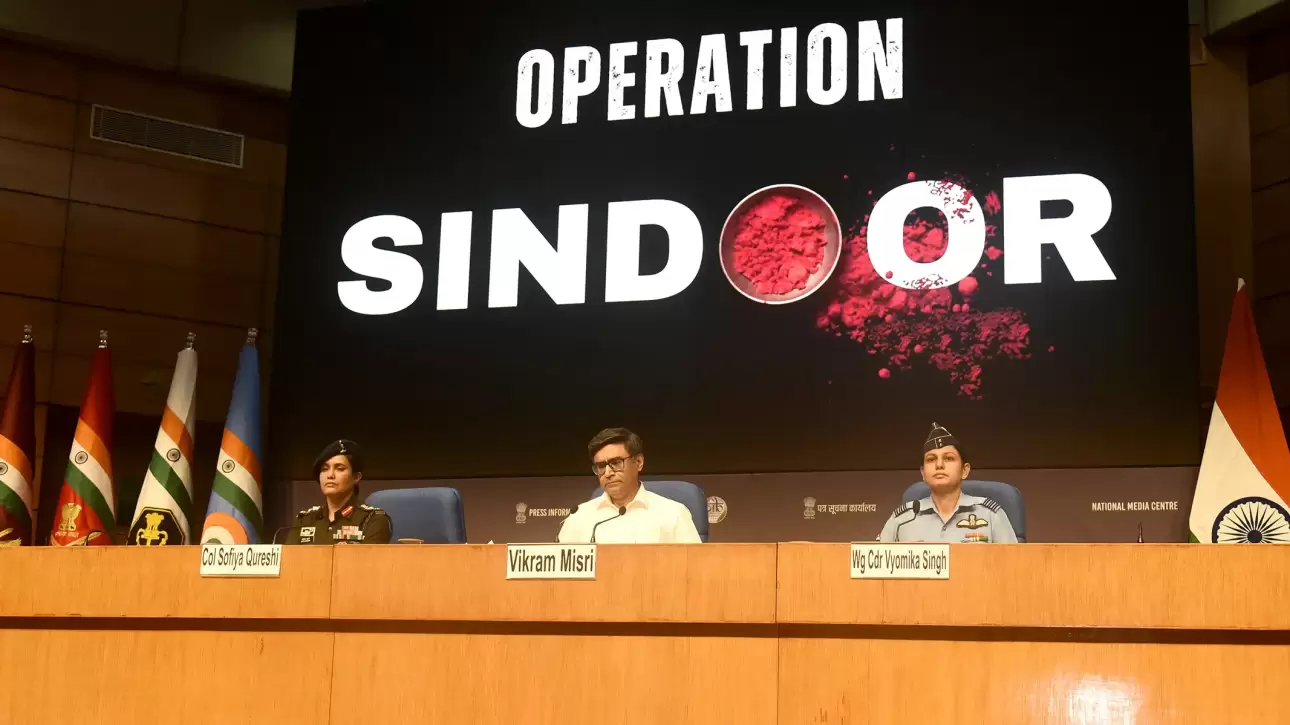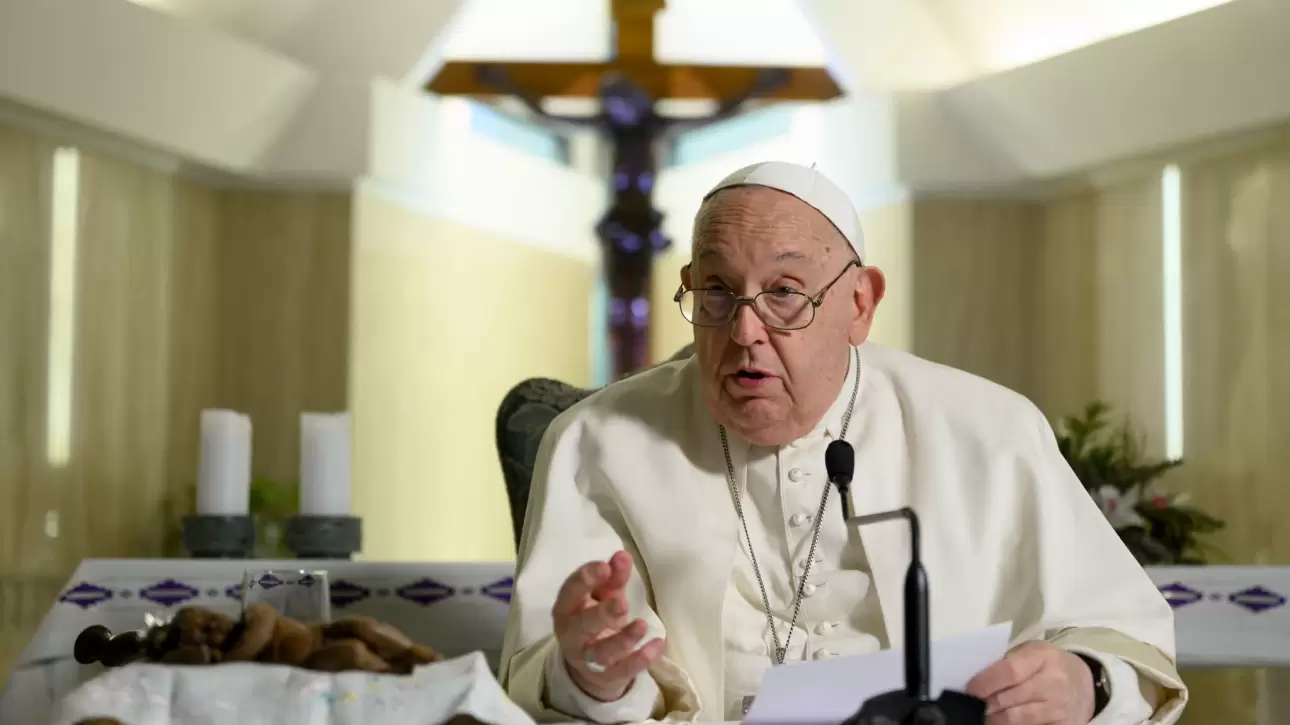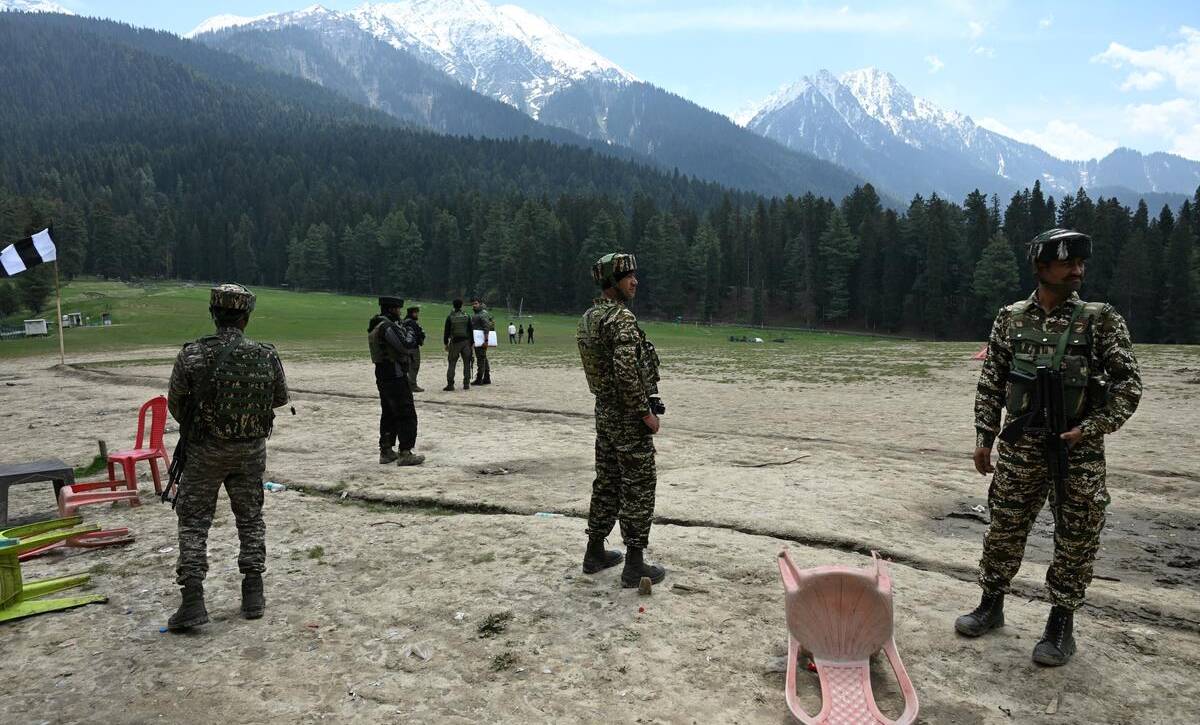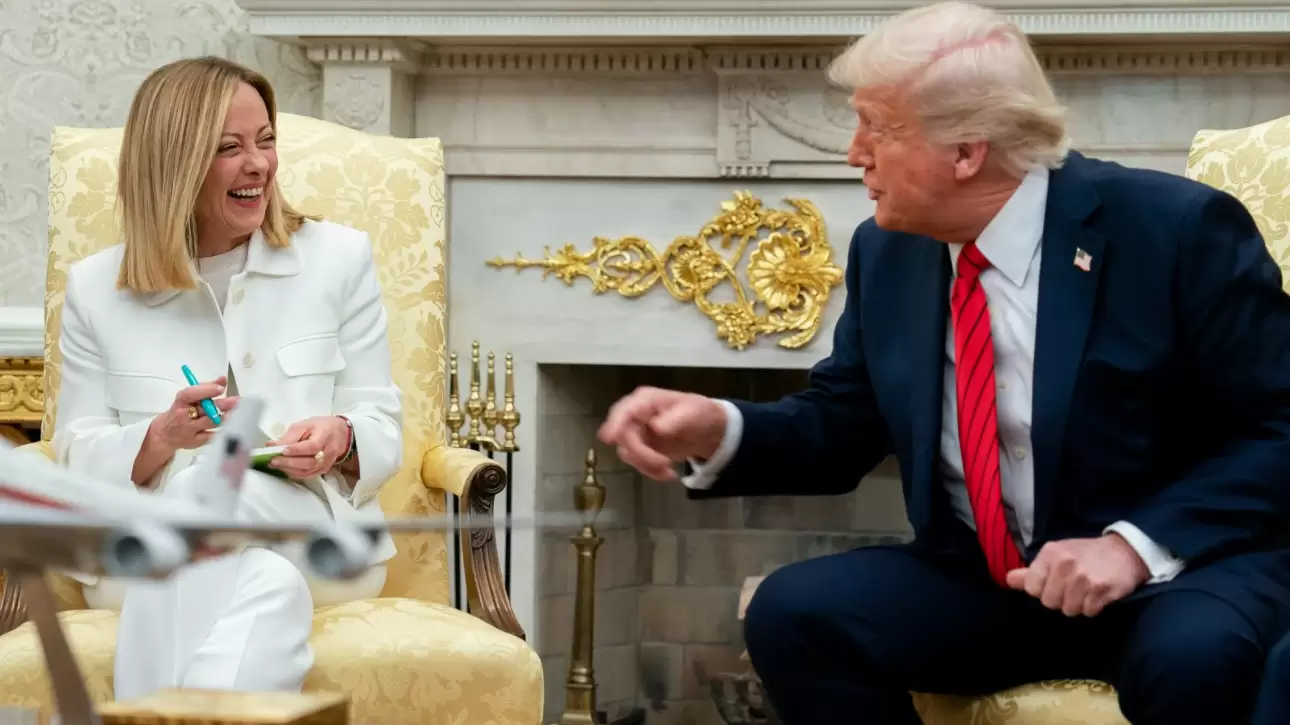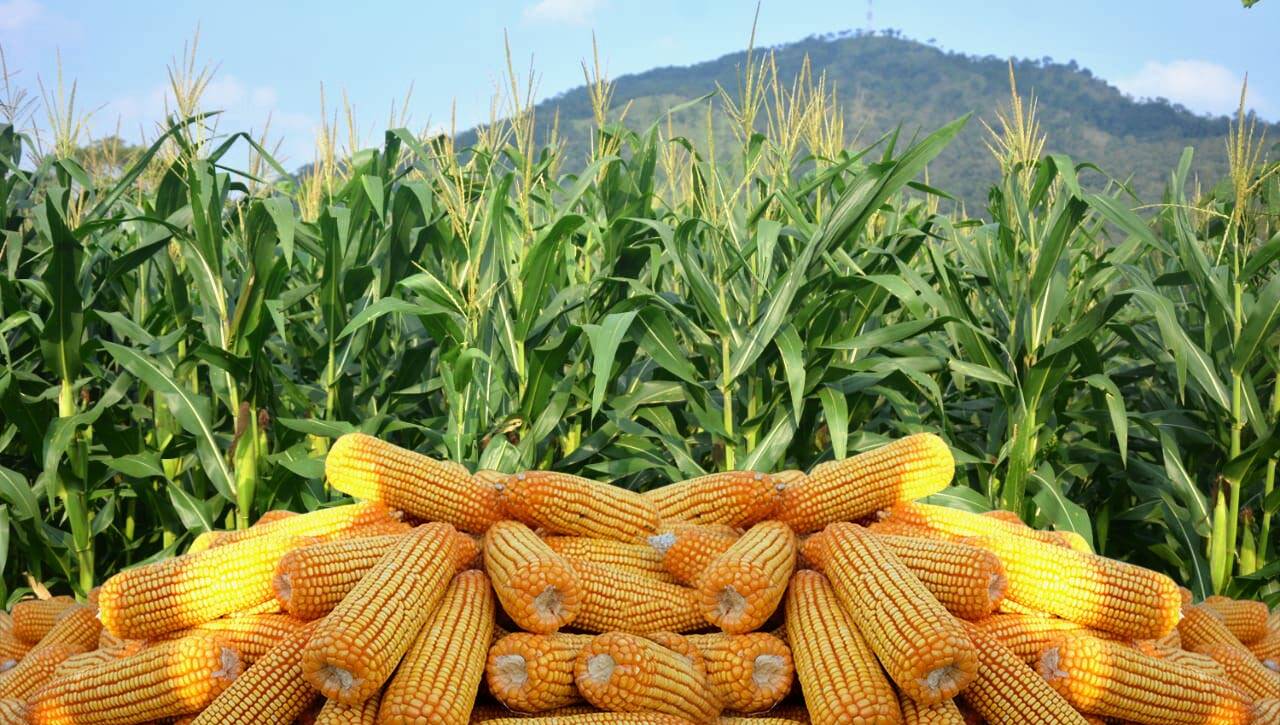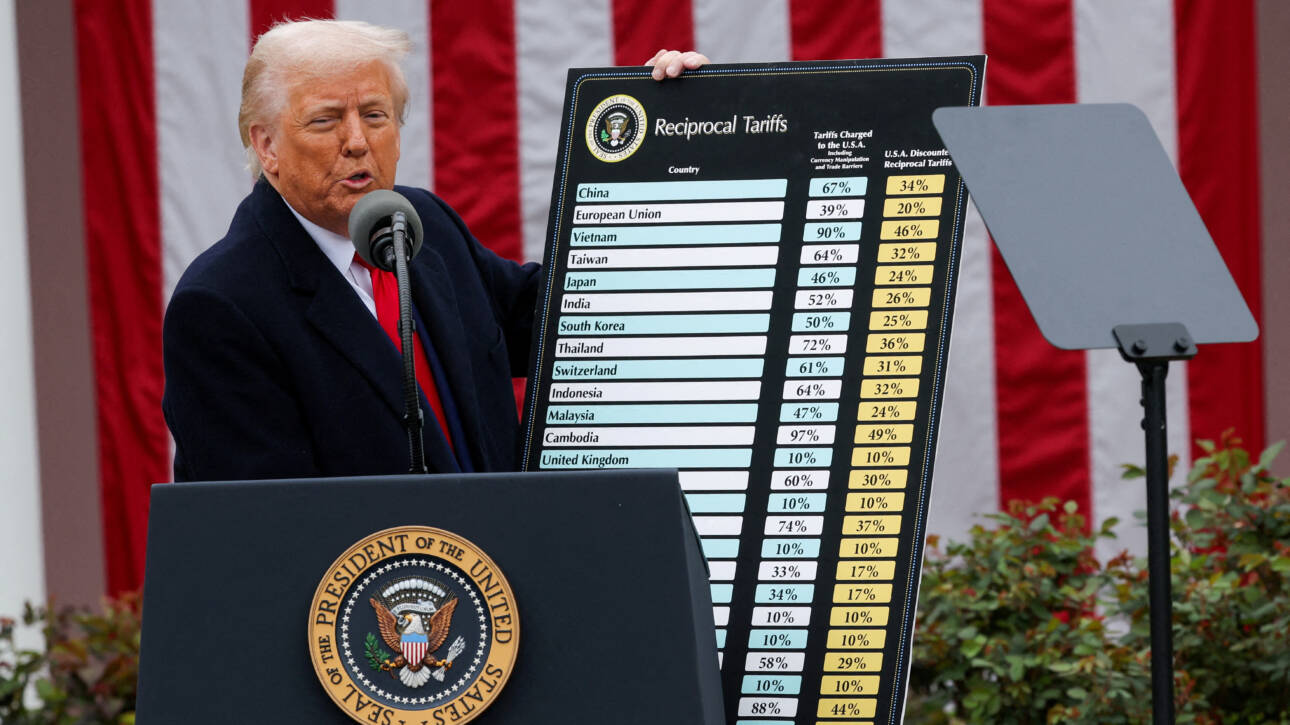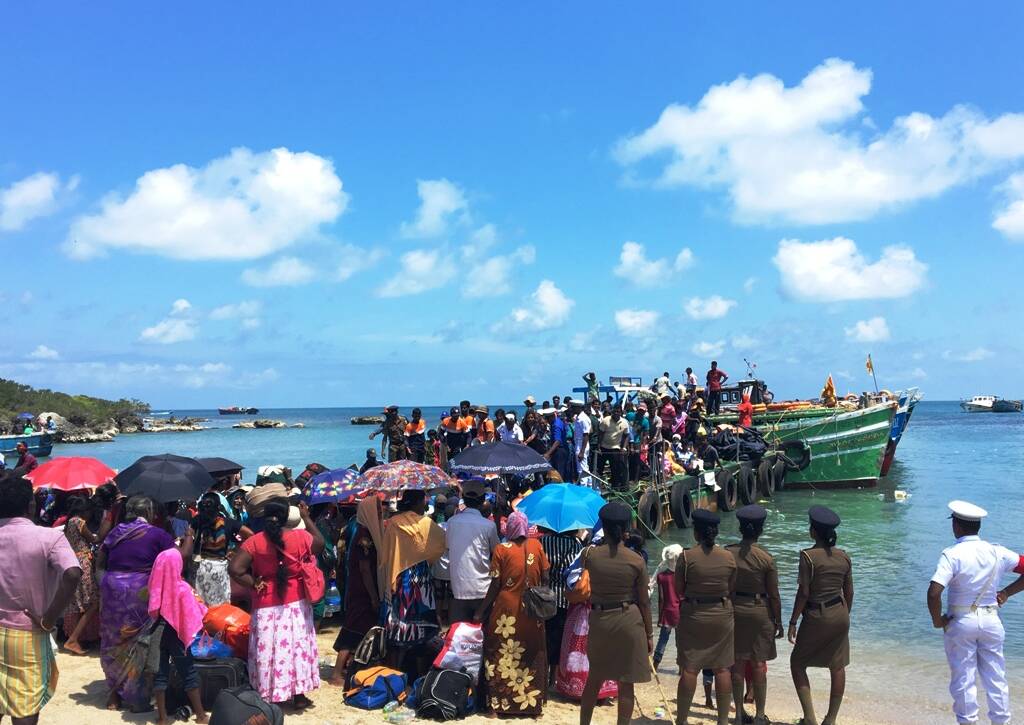By Darshatha Gamage
The Online Safety Act No 9 of 2024 stands as one of the most debated and contentious pieces of legislation in Sri Lanka’s recent history. Gazetted on September 15, 2023, under the directive of the Ministry of Public Security, the Act was introduced with the stated objective of preventing the misuse of…


